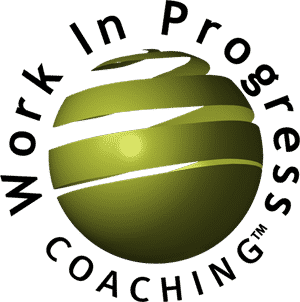Being successful requires making the right decisions at the right time. By “right”, I mean those decisions that effectively move us toward our goals. If you’re like many of us faced with making a critical business decision —who to hire or fire, what product or service to launch or dump, what deal to sign or decline, whether or not to sell your business — you diligently gather facts, ask trusted advisors for their wisdom, toss and turn at night, count the pros and cons on your list, then, with fingers crossed, decide … and hope it will all turn out OK.
We forget that what we have gathered and are basing our decision on are not facts at all, but interpretations. Interpretations are not a problem, as long as you relate to them as interpretation, valid and valuable, just not facts.
To give yourself a more robust perspective from which to make an informed choice that supports your commitment (not a “let’s end the agony and get this over” decision), have balanced conversations which illuminate the interpretations you are gathering. Then listen and learn.
Deepening and Broadening what we know
Two types of conversations illuminate the interpretations we wrap around data and information: inquiry and advocation. Inquiring seeks knowledge by questioning. Advocating supports a particular position.
One of my past managers and all-time favorite people, Ian Browde, told me about having balanced conversations in 1992. He told me someone had shared this with him. I now pass it along to you. (Thanks, Ian.)
Sometimes we just need the words to begin the conversation. They are in the chart below. In addition to saying the words (the “doing”), what makes a difference is your willingness to listen and learn (the “being”).
|
Balanced Conversations |
|
| Deepening our learning | Broadening our learning |
Inquiring
|
Inquiring
|
Advocating
|
Advocating
|
When we are more committed to learning rather than being right or reducing our discomfort at not knowing, we can suspend our judgment and listen to diverse ideas, see new possibilities.
By learning the art of conducting balanced conversations, you’ll not only make more informed choices, you’ll deepen your relationships in the process. As my clients attest to, the quality of our relationships is the foundation for results.
Subscribe
Get Camille's latest posts!
